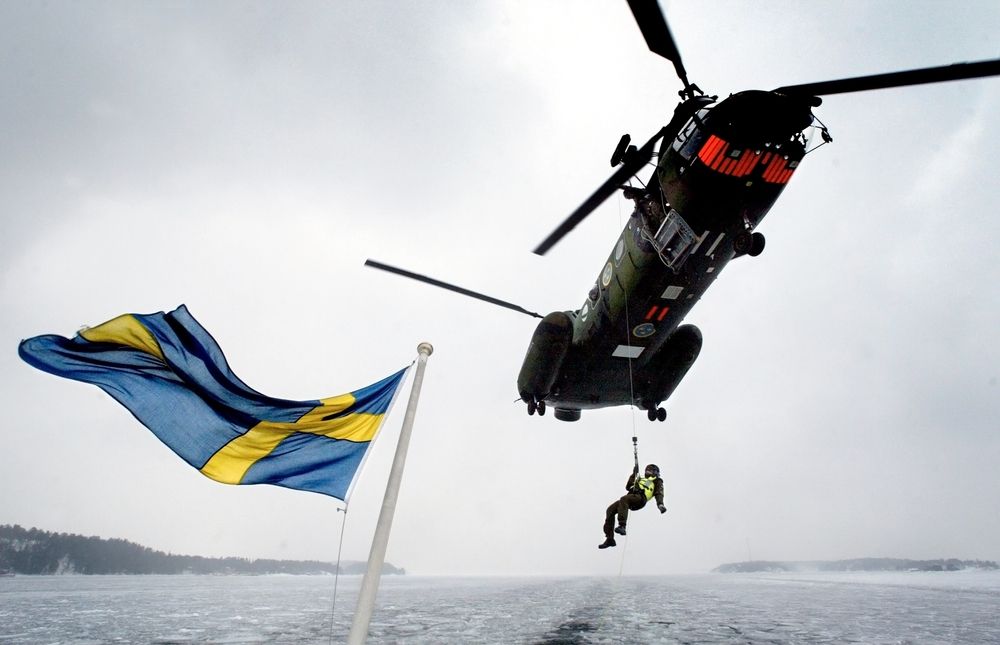
The five areas include air and missile defence, long-range capabilities, robust logistics, situational awareness, and maritime capabilities.
The Swedish Armed Forces (SAF) has outlined its priority focus areas to the Government of Sweden following a review process triggered in late September.
Announced by the SAF on 24 November, the proposals intend to help the country better fulfil NATO capability requirements.
Sweden officially became a NATO member on 7 March 2024 and has since been taking steps to integrate with the alliance.
The document, titled “Considerations on the Design of Military Defence” suggests a need for a long-range capability “to meet a qualified adversary in depth” as one of its five priorities.
This likely refers to Russia, against which Ukraine is now using Franco-UK made Storm Shadow cruise missiles (which have a range of 250km), and US-made Army Tactical Missile Systems (ATACMS) with a 200km range.
However, it is unclear as to whether this is the kind of long-range system sought, or whether a longer-range (1000km+) system like the Tomahawk cruise missile or Long Neptune.
Another priority area outlined by SAF is ensuring control over the Baltic Sea. An area that is vital for troop mobility, reinforcements, and supplies, which demands protection from the sea and in the air.
A series of NATO initiatives are already underway in the Baltic Sea, such as ‘Baltic Sentry’ which monitors undersea infrastructure, and ‘Baltic Air Policing’. Sweden is a key participant in both.
The Swedish Defence Materiel Organisation – which manages procurements for the SAF – had not responded to DSEI Gateway’s request for comment on which additional capabilities might ensure Baltic Sea security, at the time of publication.
Not-unrelated to this, is a need, as stipulated in the SAF’s proposal, to use multi-domain sensor networks to improve situational awareness. Along with supporting the military, it will also likely help augment NATO’s Common Operational Picture – which represents a shared, integrated battlefield picture.
As is the case with many militaries currently, the SAF has identified a need to significantly bolster its air and missile defence. Noted as its fourth priority in the SAF’s proposal, the requirement is to protect its units and “strengthen the resilience of the northern flank”.
The proliferation of drones in Ukraine, and Russia’s expertise in missile development are drivers of this demand.
Notably, the day after these priorities were put forward, the Swedish Ministry of Defence committed SEK3.5 billion (USD367 million) to air defence capabilities. This includes acquiring IRIS-T SLS missiles from Diehl Defence – designed to protect ground troops – and Giraffe 1X short-range radars from domestic prime Saab.
This particular announcement also highlighted a need for additional capabilities to counter “combat aircraft, helicopters, and drones”, but did not go as far as stating when they might be acquired.
Finally, the SAF proposal stated that it requires a “robust logistics network”, targeting the sustainment of forces for extended periods of time. This includes leveraging infrastructure.
Besides these five areas, the SAF also states that cyber defence remains a priority, as does drone development, civil defence, and the close protection of troops and facilities.
Summarising the proposals, Lieutenant General (Lt Gen) Carl-Johan Edström, Chief of the Defence Staff, explained that “this is not a new plan. It is an assessment of what is required to strengthen our military capability”.
Lt Gen Edström stressed that decisions now sit with politicians with regard to financing and actioning these priorities, which are intended to help fulfil the country’s Defence Resolution 2025-2030 and NATO commitments.
This article has been updated on 27/11/2025 to better reflect the additional capabilities required.
Tags
- air
- areas
- awareness
- baltic
- capabilities
- capability
- defence
- five
- help
- logistics
- longrange
- military
- missile
- missiles
- nato
- need
- priorities
- priority
- proposal
- robust
- saf
- sea
- situational
- sweden
- swedish
Providing impartial insights and news on defence, focusing on actionable opportunities.
-
The US defence ministry seeks to incentivise investment and boost industrial capacity by providing long-term certainty to suppliers.
-
Suppliers can track how many different military units are using their kit to what targets their systems are destroying.
-
The capability could become part of NATO's Alliance Ground Surveillance and Unmanned Aerial Systems Programme.



)
)
